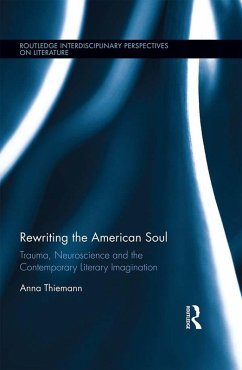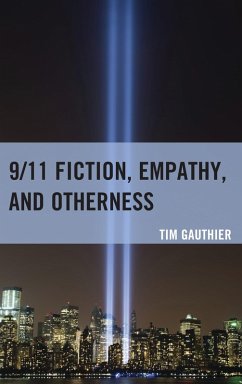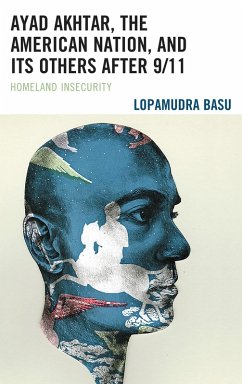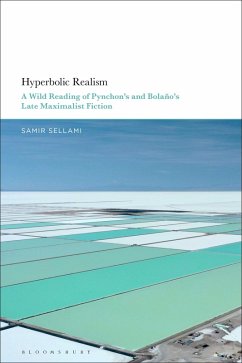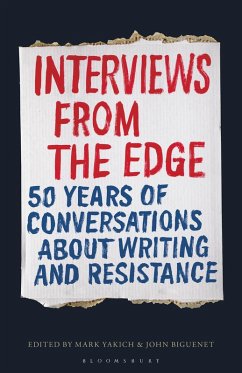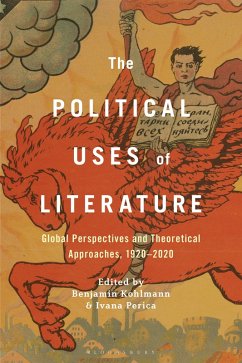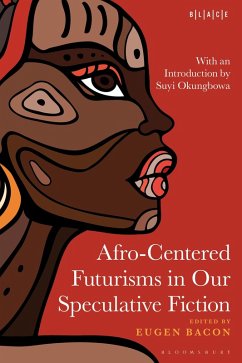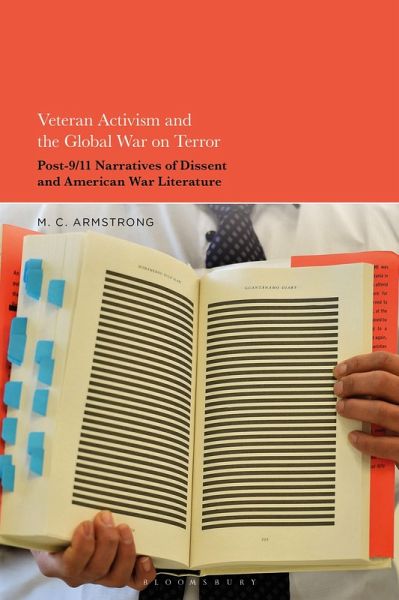
Veteran Activism and the Global War on Terror (eBook, PDF)
Post-9/11 Narratives of Dissent and American War Literature
Versandkostenfrei!
Sofort per Download lieferbar
74,95 €
inkl. MwSt.
Weitere Ausgaben:

PAYBACK Punkte
37 °P sammeln!
Veteran Activism and the Global War on Terror is the first study of the literature of dissent that has emerged from the veterans of the global War on Terror.Spencer Ackerman's Reign of Terror stated that "The most impactful activism against the War on Terror came from within the Security State itself . . . low ranking soldiers and intelligence contractors whose exposure to the war prompted them to expose it to the world." Veteran Activism and the Global War on Terror examines this subculture of veterans whose stories have dramatically shifted the conversation about literature and activism. Aut...
Veteran Activism and the Global War on Terror is the first study of the literature of dissent that has emerged from the veterans of the global War on Terror.
Spencer Ackerman's Reign of Terror stated that "The most impactful activism against the War on Terror came from within the Security State itself . . . low ranking soldiers and intelligence contractors whose exposure to the war prompted them to expose it to the world." Veteran Activism and the Global War on Terror examines this subculture of veterans whose stories have dramatically shifted the conversation about literature and activism. Author M. C. Armstrong introduces and explores America's post-9/11 soldier-writers, a community that challenges pivotal contemporary assumptions about allegiance, democracy, geography, solidarity, and national identity.
Chapters are organized around a triad of core concepts-parrhesia, cosmopolitanism, and dissensus-and discuss authors including Elliot Ackerman, Kristin Beck, Joseph Hickman, Phil Klay, Kevin Powers, and Edward Snowden. Armstrong argues that this scene represents a literary movement and perhaps the most significant literary community since the Beat Generation, and Veteran Activism and the Global War on Terror reads the work of these writers as the loci of a "dissenting" overhaul of the official narratives and rhetorical maps that chart the United States' Global War on Terror.
Spencer Ackerman's Reign of Terror stated that "The most impactful activism against the War on Terror came from within the Security State itself . . . low ranking soldiers and intelligence contractors whose exposure to the war prompted them to expose it to the world." Veteran Activism and the Global War on Terror examines this subculture of veterans whose stories have dramatically shifted the conversation about literature and activism. Author M. C. Armstrong introduces and explores America's post-9/11 soldier-writers, a community that challenges pivotal contemporary assumptions about allegiance, democracy, geography, solidarity, and national identity.
Chapters are organized around a triad of core concepts-parrhesia, cosmopolitanism, and dissensus-and discuss authors including Elliot Ackerman, Kristin Beck, Joseph Hickman, Phil Klay, Kevin Powers, and Edward Snowden. Armstrong argues that this scene represents a literary movement and perhaps the most significant literary community since the Beat Generation, and Veteran Activism and the Global War on Terror reads the work of these writers as the loci of a "dissenting" overhaul of the official narratives and rhetorical maps that chart the United States' Global War on Terror.




